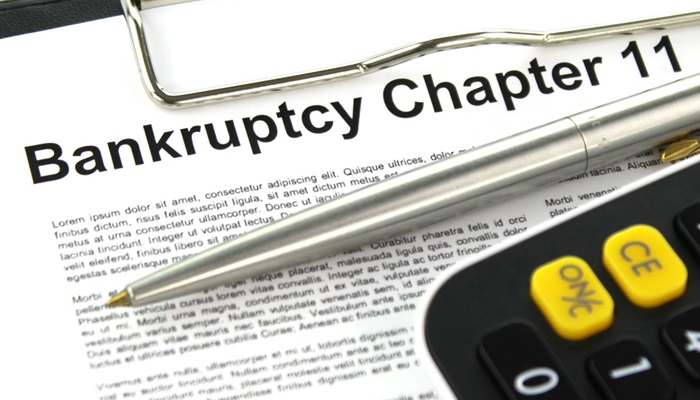The first purpose-built gaming project in Las Vegas since the recession of 2008 is in bankruptcy after being served with a foreclosure notice in January.
Five years in the making from concept to ribbon-cutting, the Asian-themed boutique hotel and locals casino, Lucky Dragon, debuted on November 19, 2016, and on Friday, less than a week before the foreclosure auction scheduled for Thursday, Feb. 22 and the resort’s operating entity Lucky Dragon Hotel and Casino LLC reportedly filed a petition for Chapter 11 bankruptcy protection with the U.S. Bankruptcy Court for the District of Nevada, according to the Las Vegas Review-Journal.
According to the news agency, management stated in court papers that bankruptcy was filed “to preserve jobs, pay its creditors and provide certainty to the market,” and that a sale via bankruptcy court “is the best opportunity … to preserve and maximize” its value.
Lucky Dragon Hotel and Casino, which is located at 300 W. Sahara Ave., consists of a nine-story hotel and a 27,500-square-foot casino in separate buildings and according to bankruptcy papers was appraised at $143 million last fall.
Upon its official grand opening on December 3, 2016, the property located near the north end of the Strip on Sahara Avenue had plans to hire 800 people; however, the relatively small casino floor that was heavily represented by baccarat tables never drew the big crowds that were expected.
Last year, Chinese gamblers playing at other casinos indicated to the Review-Journal that the issue was not the Lucky Dragon’s entertainment and food offerings but rather its less than generous gaming and comp policy.
The 2.5-acre off-Strip property designed to cater primarily to Asian immigrant and Asian-American customers, now reportedly employs 98 people, after having been staffed with upwards of 500 full and part-time workers.
Just a few months after opening, in order to cut operating costs, Lucky Dragon closed one of its restaurants and about a hundred people including the general manager were fired, as reported by the Las Vegas Review-Journal at the time.
Things just got progressively worse when early last year, Penta Building Group, Lucky Dragon’s lead contractor, alleged that it was owed about $7.4 million for unpaid work. Then in September, the Lucky Dragon was hit with a default notice in connection with a $90 million loan reportedly taken out in 2016 by Lucky Dragon developer Andrew Fonfa, founder of ASF Realty & Investments. To make an increasingly bad situation worse, in its continued struggle to attract patrons, on January 4, the property temporarily closed all gaming and restaurant operations.
Samuel Schwartz, Lucky Dragon’s bankruptcy lawyer, reportedly said in an email to the Las Vegas Review-Journal that the resort “is working actively with its investment bankers and attorneys to refinance or restructure its debt.”
Schwartz added, “Presently, we do not anticipate the bankruptcy filing will affect operations, as the hotel is still open and operating,” according to Review-Journal.
Derek Stevens, owner of the Golden Gate and the D Las Vegas, was reportedly at the originally scheduled foreclosure on Feb 6, which was postponed to Feb. 22 that day, and according to the Review-Journal said the Lucky Dragon was “very nice” but that it is situated “in a pretty tough location” with little pedestrian traffic.



